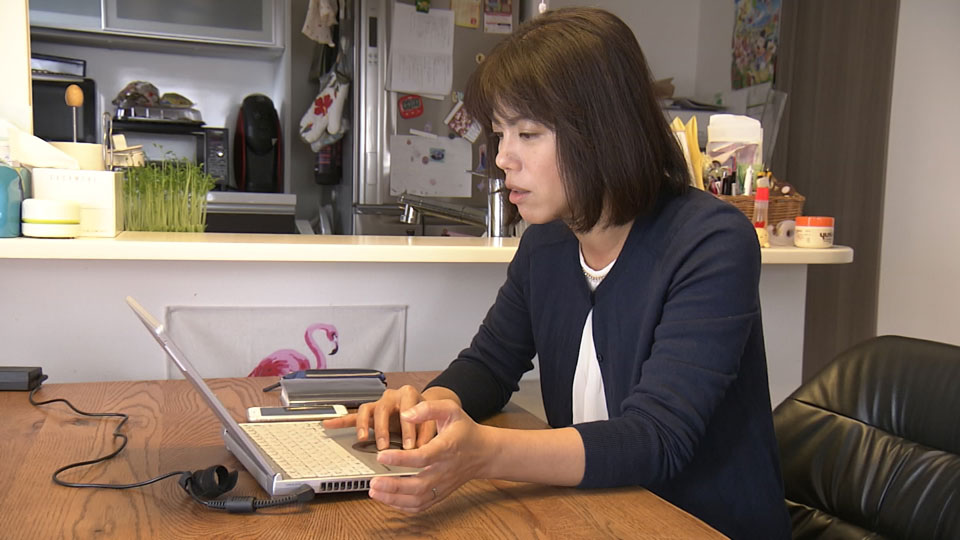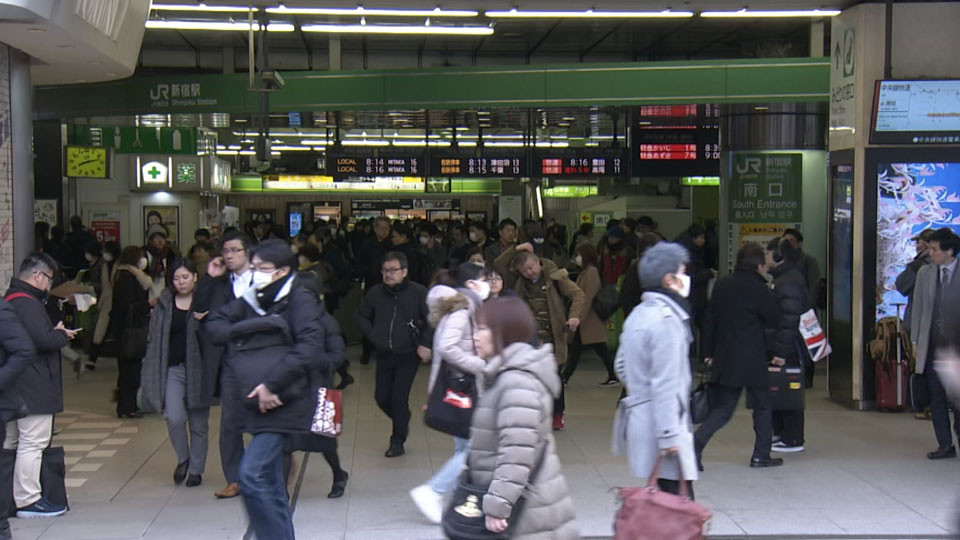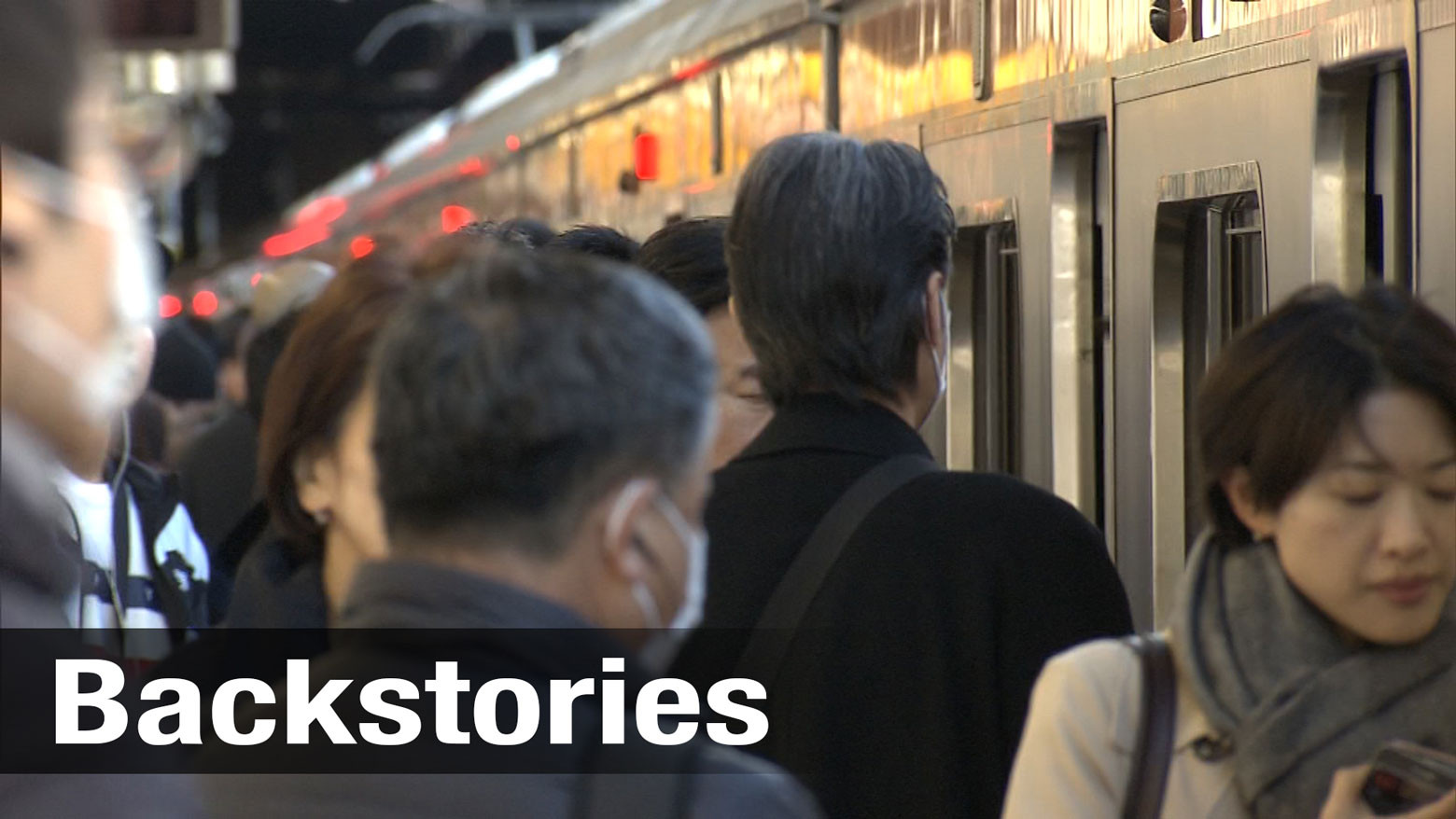Ayako Takeuchi is a manager at a food company Kewpie and she is trying out a new work style. It takes her more than one hour to get from her home to the head office. So now, as often as possible, she skips that journey and works from home. She says it worked well when a typhoon tore through the city last year. Some train services were canceled and the ones that were running were terribly overcrowded. Takeuchi says she's grateful she could work from the comfort of her living room.

The company's head office is located in the busy Shibuya district, close to some of the venues. It already set up two satellite offices outside the heart of Tokyo and plans to roll out more. Also It's encouraging employees remote working. It sees a flexible approach as a way to continue projects through the Tokyo Games as well as possible natural disasters.
However it is not common work styles yet in Japan. The Tokyo Metropolitan government did a survey on work styles last summer, only 44 percent of companies that participated said they plan to allow remote working.
Tokyo officials have warned of heavy congestion on roads and railways. Tokyo Governor Yuriko Koike has said that without the support of firms, it will be impossible to achieve the smooth operation of economic activities and successful Games at the same time. She asked businesses to help adjust the typical work styles.
Tokyo city leaders are suggesting staggering commuting times, closing down during the Games, or encouraging remote work.
Kosei Sakuma, a Tokyo government official who is part of the team preparing for the Olympics, says they need to strike a balance between the economy, daily lives and the games.

The 1964 Tokyo Games brought about greatly improved infrastructure. It will be up to companies to decide if the legacy of the 2020 Games will be more diversity of working styles.

